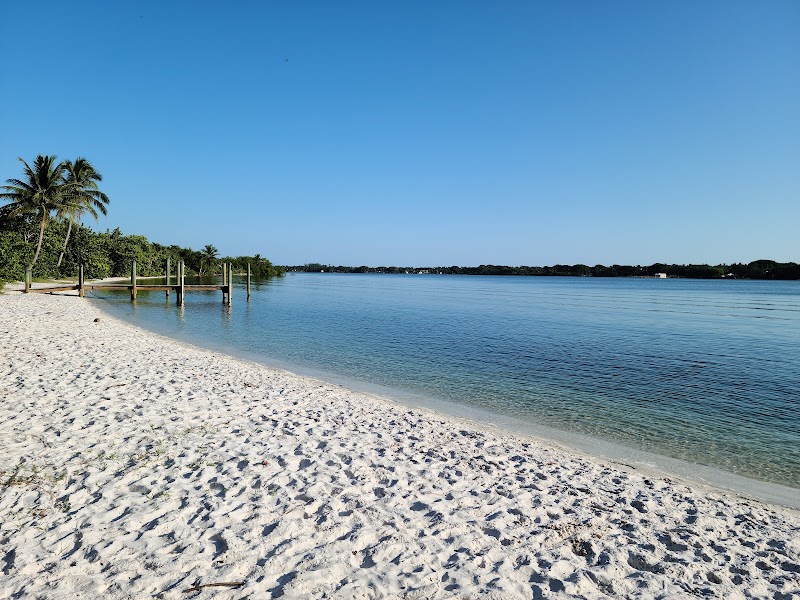
Nathaniel P. Reed Hobe Sound National Wildlife Refuge Adventures
Nathaniel P. Reed Hobe Sound National Wildlife Refuge is a prime destination for bird enthusiasts and beachcombers, boasting unique coastal habitats and abundant wildlife.
About Nathaniel P. Reed Hobe Sound National Wildlife Refuge

Nathaniel P. Reed Hobe Sound National Wildlife Refuge, situated along Florida's east coast, encompasses a diverse range of ecosystems including sand dunes, coastal scrub, mangroves, and hardwood hammocks. The refuge, established in 1969 and previously known as Hobe Sound National Wildlife Refuge before its renaming in 2019, serves as a haven for numerous plant and animal species. It plays a critical role in protecting the habitat of several threatened and endangered species such as the loggerhead sea turtle and the Southeast beach mouse. Visitors are drawn to the refuge for its beautiful Atlantic beaches, offering seclusion and serenity, ideal for beachcombing, birdwatching, and photography. Key recreational activities include hiking the nature trails that traverse the unique ecological zones, and kayaking through the Indian River Lagoon where visitors may spot dolphins or manatees. The refuge is known for its bird diversity, making it a hotspot for ornithologists and amateurs alike. This wildlife sanctuary not only contributes to biodiversity conservation but also provides rich educational opportunities regarding coastal ecosystems.
Highlights
Hobe Mountain—offering a panoramic view of the surrounding ecosystems.
A beach that serves as a vital nesting ground for the endangered loggerhead sea turtle.
Seclusion and tranquility of the beachside trails.
Diverse birdwatching opportunities throughout the year.
Notable Natural Features
Hobe Mountain Observation Tower
Provides stunning views of the surrounding dunes and coastal landscape.
Indigenous Coastal Vegetation
Features rare plants like the Southeast beach mouse habitat and sea oats.
Turtle Nesting Sites
Critical nesting areas for loggerhead sea turtles each season.
